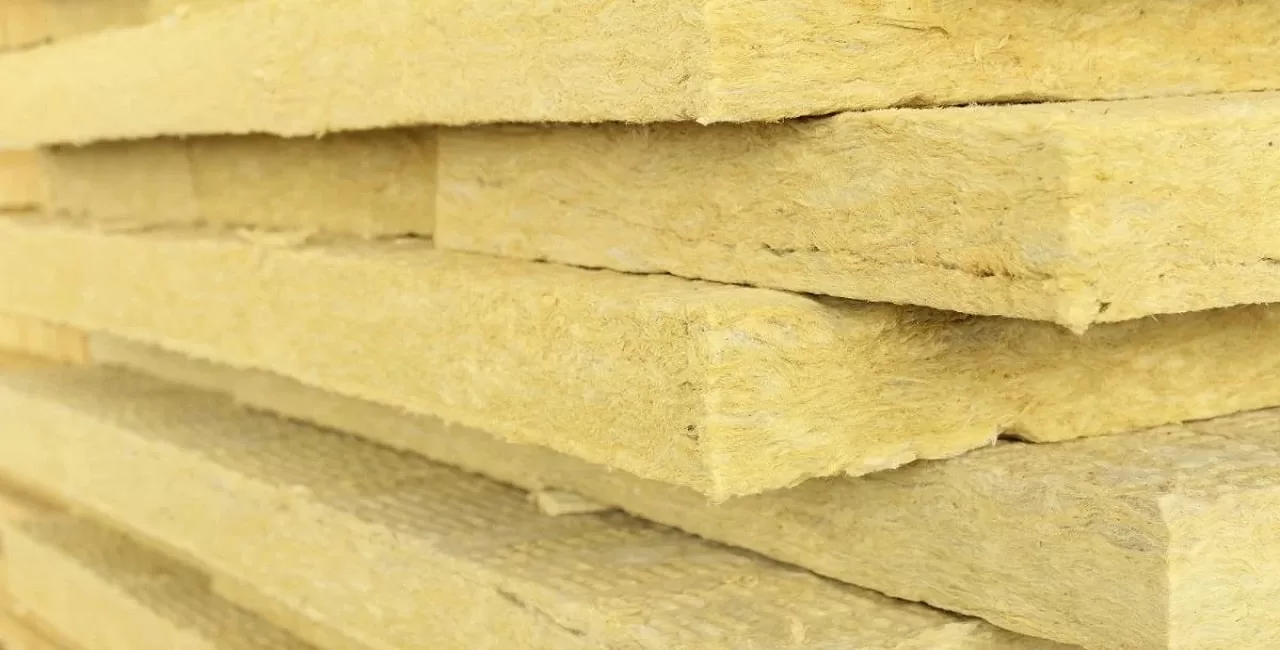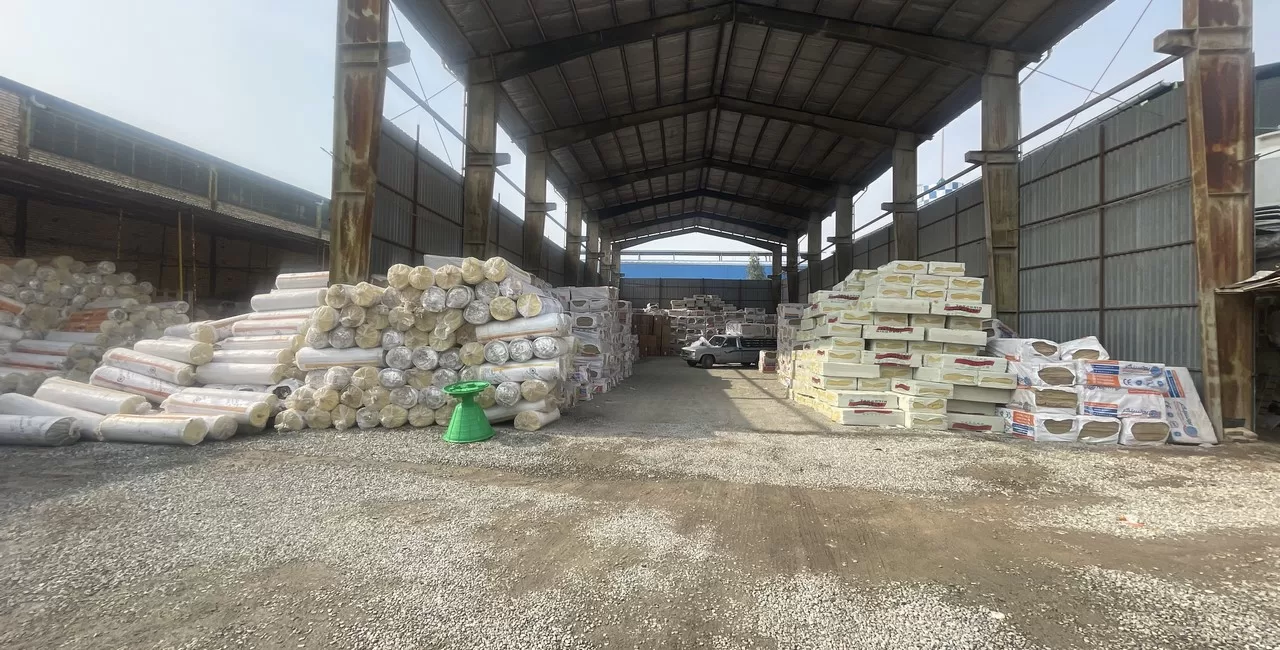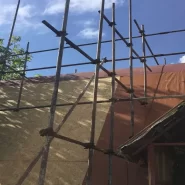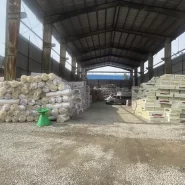:Stone wool production
Stone wool is a versatile insulation material that provides both sound and thermal insulation. It is derived from melting various types of basalt rock, which serves different purposes.The production process of stone wool begins by placing pieces of basalt stones into a mixed furnace along with combustible material like coke. The furnace is ignited using wood or natural gas, and a continuous supply of air is blown into it. The intense heat generated, exceeding 2000 degrees Celsius, causes the basalt stones to melt.
Once melted, the stones are extracted from the furnace and enter a centrifuge, where centrifugal force transforms them into fibers. These fibers are then directed onto a conveyor belt and arranged on a plate by a device such as a pendulum. They are subsequently transferred to a curing device, where they adhere together and undergo a process that involves the addition of resin to achieve desired thickness and density. After this stage, the parts are cut to the desired dimensions, grouped, and dispatched.
Rock wool, a type of stone wool insulation, finds extensive application across various industries. It is particularly prevalent in the construction industry, where it is widely used for soundproofing and thermal insulation of walls, floors, and ceilings. Industries such as furnaces, refineries, and petrochemicals are among the major consumers of this product. Rock wool insulation is available in different densities and thicknesses to cater to diverse needs and requirements.













 Best price
Best price Guarantee
Guarantee  Fsat delivery
Fsat delivery Implementation
Implementation 




















